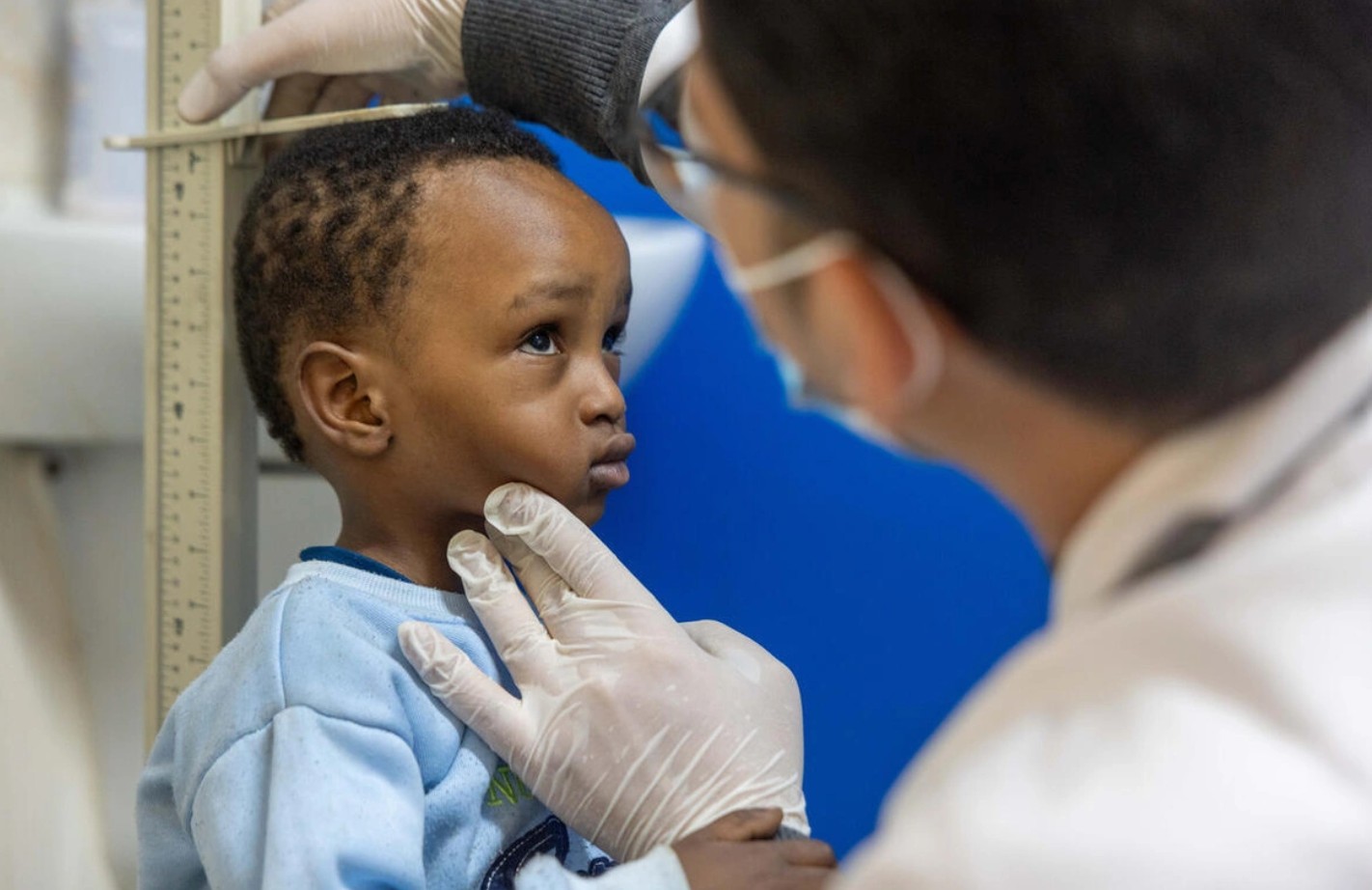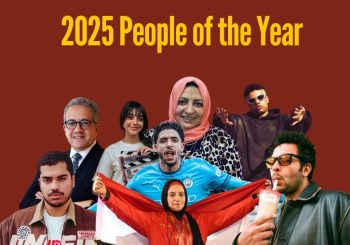Facing a severe funding shortfall, the United Nations High Commissioner for Refugees (UNHCR) has suspended critical medical services for refugees in Egypt, limiting treatment to emergency procedures only. Making surgeries for cancer and heart conditions, chemotherapy, and medications for chronic illnesses such as diabetes and hypertension no longer available through UNHCR support.
The decision has left an estimated 20,000 refugees, many of whom fled the ongoing conflict in Sudan, without access to essential healthcare. Unable to afford Egypt’s public healthcare fees, these refugees are left with limited options, raising concerns over deteriorating health conditions and preventable deaths.
“The consequences for people who will no longer get our support are hard to measure,” Jakob Arhem, a Public Health Officer with UNHCR in Cairo, said, noting that many refugees may not be able to afford other healthcare alternatives. “Many of them will get sicker, weaker—and many will die”.
Since hostilities erupted in April 2023 between the Sudanese Armed Forces and the paramilitary Rapid Support Forces, the conflict has driven more than 1.5 million people across the country’s borders. Egypt has absorbed the largest share of those fleeing the violence, with over 670,000 Sudanese refugees officially registered and an estimated 250,000 more still awaiting documentation.
The influx has placed considerable strain on Egypt’s already burdened resources and healthcare infrastructure, as many of those arriving sought refuge not only from violence but also from a healthcare system in Sudan that had all but collapsed, leaving critical services out of reach.
The UNHCR has been central to relief efforts in Egypt, offering access to healthcare, education, shelter, and other vital services for those displaced. In coordination with the Egyptian government and international partners, the agency has worked to support both refugees and local communities.
Yet, a deepening global funding shortfall has left the organization facing tough choices about how to allocate its limited resources.
In 2024, the UNCHR received less than half of the $135 million it had sought to assist more than 939,000 registered refugees and asylum seekers from Sudan and more than 60 other countries currently residing in Egypt. The funding deficit confronting the UNHCR reflects a wider global shortfall impacting humanitarian efforts across the board.
Agency officials have cautioned that without swift and substantial support from donor countries, additional cutbacks will be unavoidable. Filippo Grandi, the UNHCR’s High Commissioner, has characterized the situation as a “crisis of responsibility,” warning that diminishing aid threatens to deepen human suffering and fuel greater instability.
As conflicts around the world continue to uproot millions, humanitarian agencies such as the United Nations refugee agency are grappling with mounting financial shortfalls. Absent urgent support from donor countries and international partners, the lives of thousands of vulnerable populations and refugees in Egypt and worldwide hang in the balance.
In fact, as of 6 March, the global humanitarian community is urgently calling for nearly USD 45 billion (EGP 2.3 trillion) in funding to support 185 million of the world’s most vulnerable individuals impacted by ongoing crises this year. To date, however, only 5 percent of the necessary funds have been secured, leaving a staggering shortfall of more than USD 42 billion (EGP 2.15 trillion).
The suspension of medical care for Sudanese refugees further complicates their situation and the humanitarian efforts that depend on inconsistent donor funding. It also serves as a sobering reminder that international solidarity is essential to preserving the dignity and survival of those driven from their homes.







Comments (0)